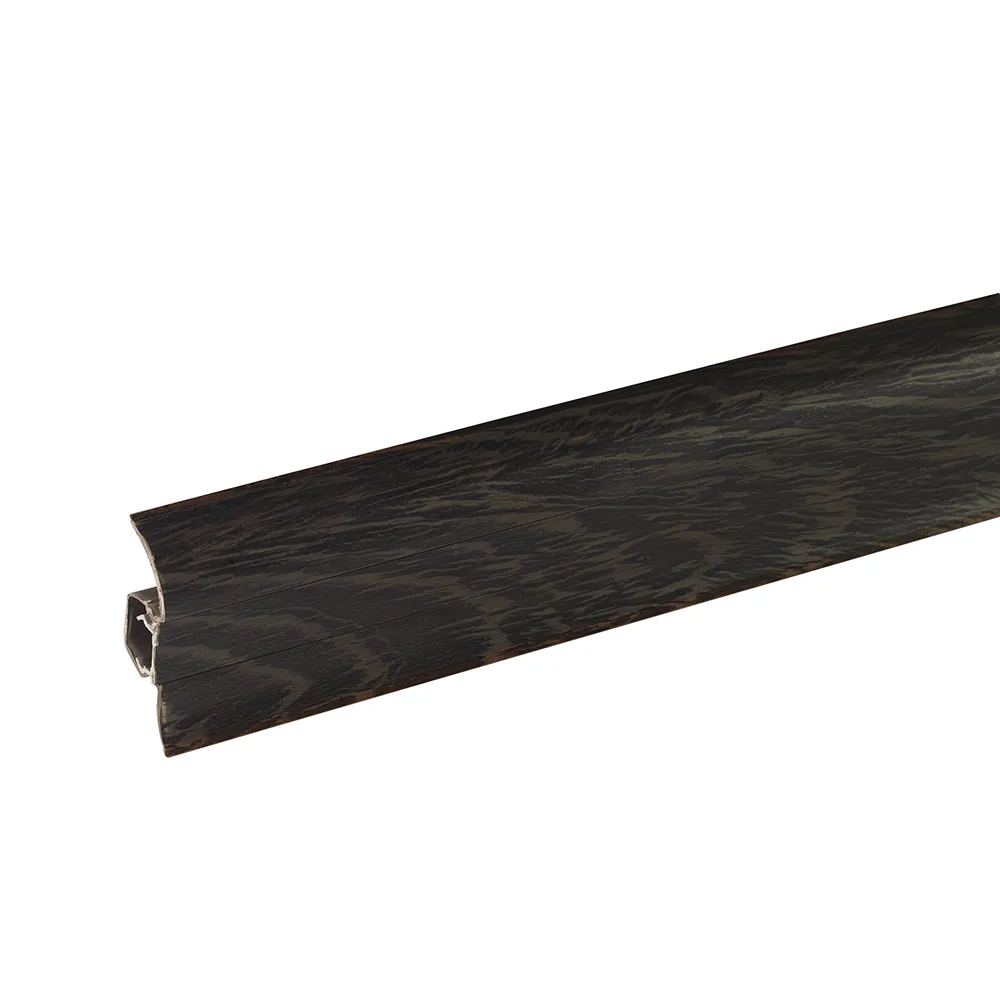Exploring the Benefits and Applications of Industrial Linoleum in Modern Facilities
Industrial Linoleum A Versatile Flooring Solution
Industrial linoleum is a robust and sustainable flooring option, widely recognized for its durability and versatility in various commercial and industrial applications. This material, which has been around for more than a century, has evolved significantly over the years, adapting to the changing needs of different industries while maintaining its core benefits.
What is Industrial Linoleum?
Industrial linoleum is made primarily from natural materials, including linseed oil, pine resin, cork dust, and jute backing. These components contribute to its durability and ecological appeal. Unlike synthetic flooring options, linoleum is biodegradable and recyclable, making it an environmentally friendly choice. The production process of linoleum generally involves the use of renewable resources, and it emits fewer volatile organic compounds (VOCs) compared to many synthetic flooring materials.
Key Features and Benefits
One of the main attractions of industrial linoleum is its exceptional durability. Known for its resilience, it can withstand heavy foot traffic and resist stains and abrasions. This characteristic makes it an ideal choice for high-traffic environments such as warehouses, hospitals, schools, and factories. Additionally, its non-slip surface helps minimize accidents, contributing to workplace safety.
The ease of maintenance is another benefit of industrial linoleum. Regular cleaning typically involves sweeping and mopping with mild detergents, as it does not harbor dirt, dust, or allergens. Furthermore, linoleum has anti-static properties, making it suitable for environments with sensitive electronic equipment, such as computer labs and manufacturing facilities.
Beyond practicality, industrial linoleum is celebrated for its aesthetic versatility. Available in a wide array of colors, patterns, and designs, it can complement any interior design scheme. Whether used in modern spaces or traditional settings, linoleum can enhance the visual appeal of a facility while providing a comfortable surface underfoot.
industrial linoleum

Applications in Various Industries
Industrial linoleum is suitable for a variety of sectors. In healthcare, for example, its hygienic properties and ease of cleaning make it a preferred flooring solution for hospitals and clinics. In educational settings, the comfort and design options of linoleum lend a welcoming atmosphere to classrooms and common areas.
Moreover, linoleum's robust nature also makes it an excellent choice for manufacturing facilities, where heavy machinery and foot traffic are commonplace. In retail spaces, its aesthetic versatility allows it to effectively cater to diverse branding needs while standing up to daily wear and tear.
Sustainability and Eco-Friendliness
The sustainability aspect of industrial linoleum cannot be overstated. With growing concerns over environmental issues, businesses are increasingly looking for green building materials. Linoleum, made from natural ingredients, fits this requirement perfectly. Its production not only utilizes renewable resources, but it also results in a product that contributes to better indoor air quality thanks to its low VOC emissions.
Additionally, the longevity of linoleum makes it a cost-effective option in the long run. Although the initial investment may be higher compared to some synthetic alternatives, its durability means that it will need to be replaced less frequently, ultimately leading to lower lifecycle costs.
Conclusion
Industrial linoleum is a flooring solution that beautifully marries functionality with sustainability. Its resilience, ease of maintenance, and aesthetic versatility make it a prime choice for a range of industries. As businesses continue to prioritize safety, comfort, and eco-friendliness, the appeal of industrial linoleum is expected to grow. By selecting this flooring option, companies not only enhance their operational efficiency but also contribute positively to the environment, making industrial linoleum a smart choice for the future.
-
Waterproof Advantages of SPC Flooring Vinyl in KitchensAug.06,2025
-
SPC Hybrid Waterproof Flooring Thickness GuideAug.06,2025
-
Leveling Subfloor Before My Floor SPC InstallAug.06,2025
-
How Mesh Deck Skirting Improves Outdoor Pest ControlAug.06,2025
-
Choosing the Right Commercial Flooring for Your Business NeedsAug.06,2025
-
Choosing the Best Residential Flooring: A Comprehensive Guide to Style, Durability, and ComfortAug.06,2025




